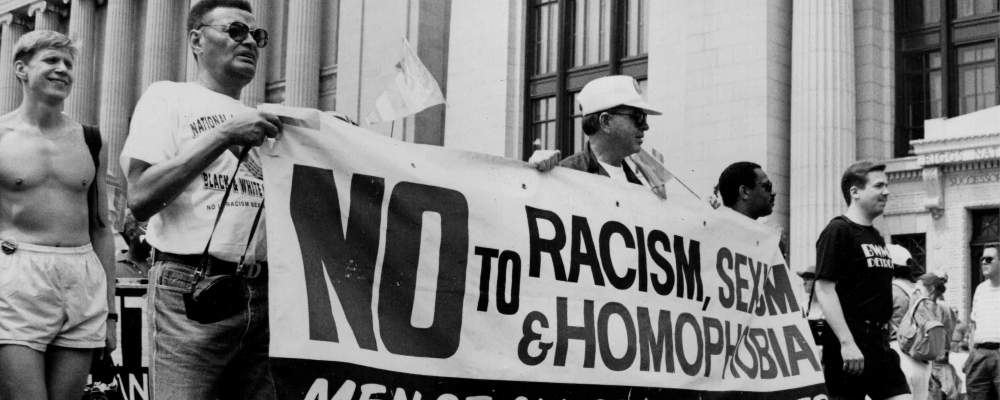Honoring Dr. King
Today, January 15th, 1929, Martin Luther King Jr. was born. He is remembered as a courageous and loving leader of the civil and human rights movement whose words and wisdom empowered masses globally at a time when polarization, discrimination and oppression due to race, gender, class, and otherwise marginalized identities plagued the nation.
56 years following his death, we still grapple with injustices, inequities, and poor distribution of power as a country and global community.
This day is intended to be a national day of service where individuals are to join together as a community, serving and supporting each other and our neighbors.
What does it means to be in service to ourselves and our communities?
Dr. King made it his business and his mission to center progress through non-violence towards a more loving, connected, and caring world.
Dr. King was able to collaborate with others in our community who had different visions towards the same goal.
His co-creation of protests, sit-ins, and various other civil rights organizing strategies leading to strides in the movement demonstrate this.
At a time where collective grief is immense, we need to eliminate barriers and create a more equitable world. We need to harness personal power to improve and build better realities for community members.
At the NABWMT we remember one of heroes, who was with us in our formative years, Bayard Rustin.
Bayard Rustin was a black Civil Rights activist, a close associate of Martin Luther King, and an advocate of gay and lesbian rights, and a Quaker. He was a pacifist and a primary influence in bringing non-violent resistance into the American Civil Rights Movement, much inspired by Gandhi’s approach in India.
After the War, he took part in the Journey of Reconciliation across four southern States, to protest against illegal segregation in inter-state travel which became a model for future ‘Freedom Rides’.
In 1963, Rustin organized the March on Washington for Jobs and Freedom – a rally attended by twenty thousand people that culminated in King’s ‘I have a dream’ speech.
Rustin was an openly gay man who had once been arrested for public indecency at a time when homosexuality was illegal in all US states. This fact was used against him more than once and contributed to his relatively low profile in the Civil Rights movement. However, in the 1970s and 80s he wrote a number of essays which drew parallels between the black civil rights movement and the gay liberation movement.
So today and beyond, work for the inherent dignity of all people and remember Dr. King and Bayard Rustin.

